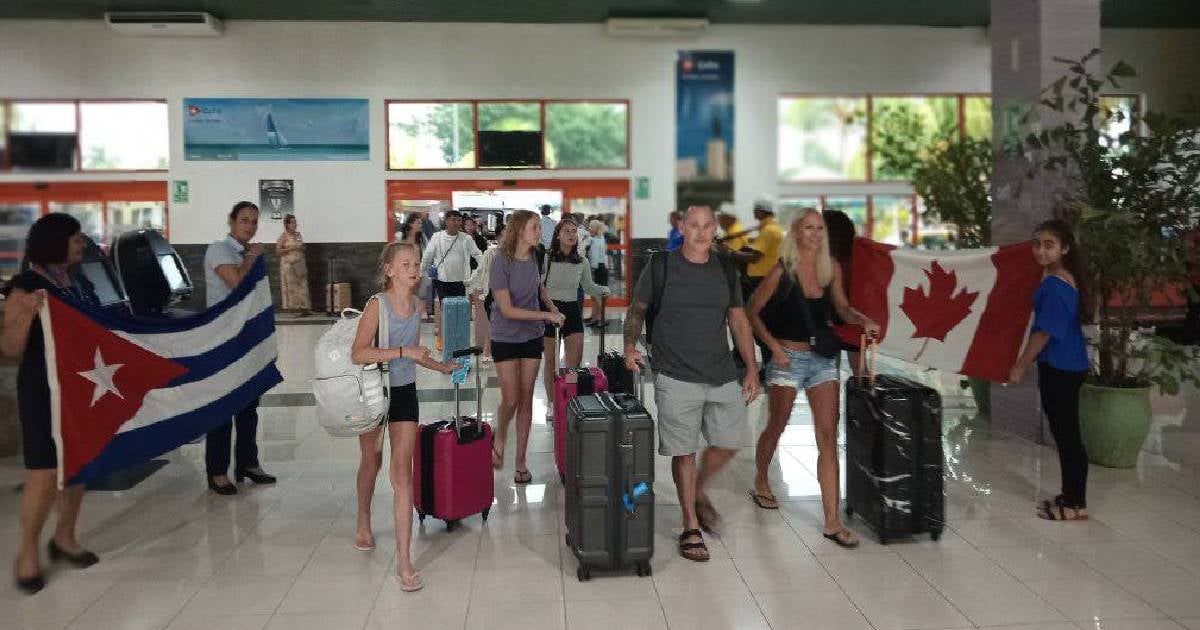The government of Canada has recently issued a new health advisory for its citizens planning to travel to Cuba, emphasizing caution due to the rising cases of dengue. "Many tourist destinations are reporting increasingly higher numbers of dengue cases," stated the northern country in an update on its official government website dated August 26.
Canadian authorities describe dengue as "a risk in tropical and subtropical climates worldwide, especially in urban and semi-urban areas. Depending on the destination, the risk of dengue can vary by season (i.e., it is higher during the rainy seasons) and can fluctuate from year to year." Therefore, they recommended that their citizens consult a healthcare professional or visit a travel health clinic at least six weeks before traveling.
Additional Health Concerns in Cuba
However, the alert, although not explicitly mentioned, is also issued due to the circulation of the Oropouche virus, which has strained the Cuban healthcare system. Dr. Francisco Durán, Cuba's National Director of Hygiene and Epidemiology, described the current epidemiological situation in the country as "complex" due to the co-circulation of multiple viruses, including influenza, dengue, and Oropouche.
The specialist confirmed that the Oropouche virus has seen a significant increase in cases and explained that while it was once considered relatively benign, recent experiences have shown that this disease can cause severe complications in some patients, as cited by the Cuban News Agency.
All this viral activity is occurring at a time when the country lacks the necessary resources to combat these various diseases. Dr. Durán has previously stated that the country does not have the fuel to fumigate against mosquitoes, the primary carriers of these diseases. Additionally, there is a lack of communal hygiene on Cuban streets.
In May of this year, the Canadian government had already warned its citizens about the risks of traveling to Cuba, highlighting the country's critical shortages, insecurity, and deteriorating hotel infrastructure and public services. The highest-level advisory came following an incident involving the family of Faraj Allah Jarjour, a 60-year-old Quebec resident who died in Cuba. His family accused Cuban officials of losing his body during the repatriation process to Canada, only for it to turn up in Russia.
Frequently Asked Questions About Travel Health Risks in Cuba
Given the recent health advisories, many travelers have questions about the risks and precautions associated with traveling to Cuba. Here are some commonly asked questions and their answers.
What steps should I take before traveling to Cuba?
Consult a healthcare professional or visit a travel health clinic at least six weeks before your trip to Cuba to discuss necessary vaccinations and health precautions.
What are the primary health risks in Cuba?
The main health risks in Cuba include dengue, the Oropouche virus, and influenza, particularly given the country's limited resources to manage these outbreaks.
How does the rainy season affect the risk of dengue in Cuba?
The risk of dengue is higher during the rainy season due to increased mosquito activity. Travelers should take extra precautions during this time.
